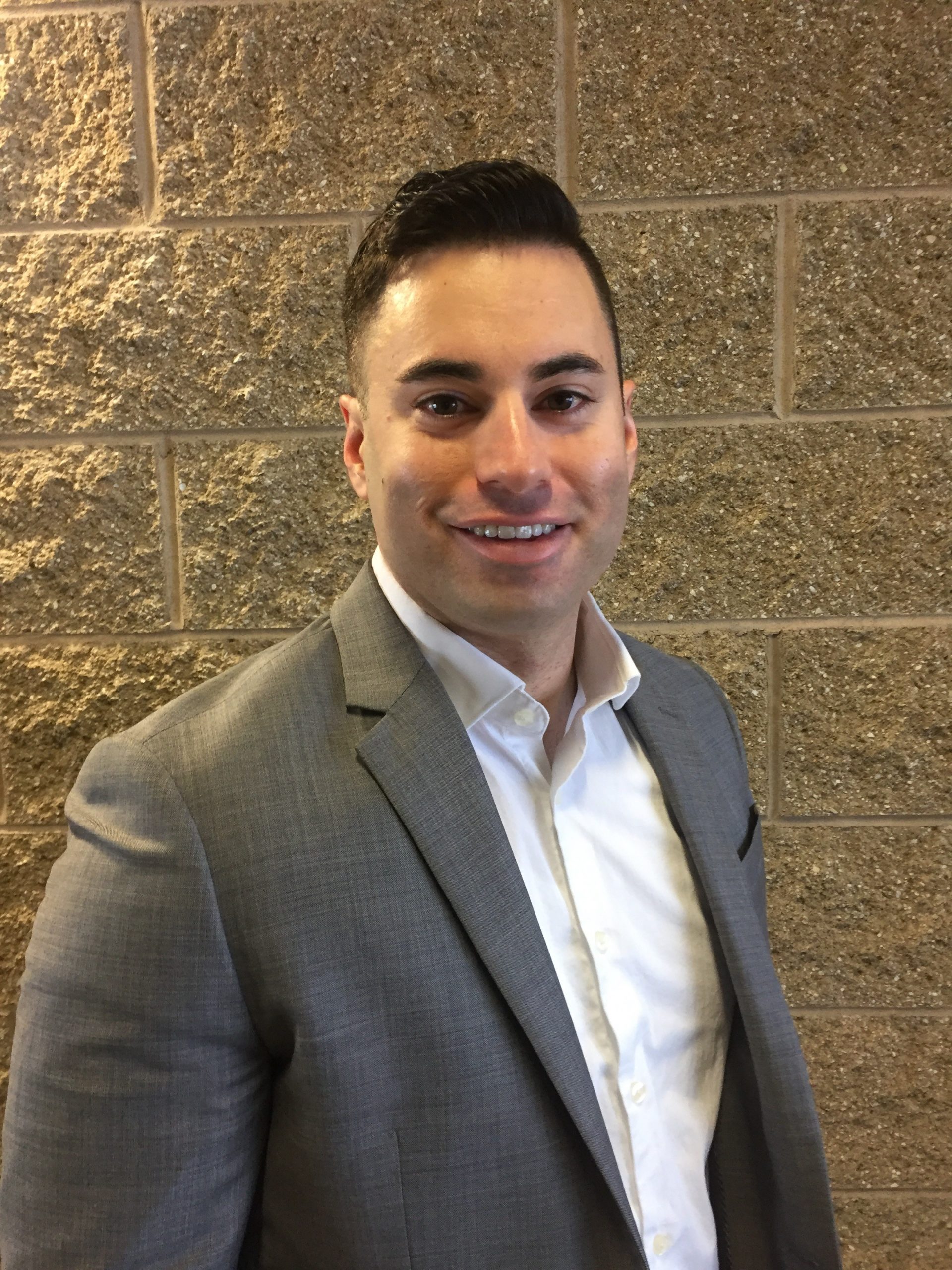Substance use disorders (SUDs) are dangerous medical conditions that affect a person’s physical and mental health. Chronic drug or alcohol use can damage vital organs, weaken the immune system, and increase the risk of fatal overdoses. Left untreated, they can lead to severe consequences, even impacting other aspects of their lives including their relationships and finances.
Mentally, addiction can cause depression, anxiety, paranoia, and cognitive impairment, making it difficult for individuals to function in their daily lives. In fact, many people with SUDs struggle to maintain employment or even meet basic responsibilities.
Addiction often causes a downward spiral that overwhelms the person as well as their families. It is a chronic and relapsing disorder that can be hard to recover from without proper medical intervention. And yet addiction and rehab are both highly stigmatized, preventing people from receiving the care that they need.
In order to break the cycle of addiction, seeking professional treatment is important. Rehab provides medical supervision, therapy, and structured support to help patients detox safely while developing coping skills that will help them maintain their sobriety in the long run.
Ultimately, rehab is not just about quitting drugs—it’s about reclaiming your life and building a healthier, more stable future. But with the stigma surrounding addiction—and the general lack of information regarding treatment options—it is important to properly market addiction treatment services.
This is what we are going to cover here today.
Drug Rehab & Addiction Treatment Marketing: Strategies for Success
Marketing for drug rehab and addiction treatment centers is unique because it’s not about selling a product—it’s about offering hope, healing, and a path to recovery.
It also involves connecting with people who are in one of the most vulnerable moments of their lives. Families and individuals searching for help are often overwhelmed, scared, and desperate for real solutions. They need reassurance that they are making the right choice, not just for services but for their future. This requires messaging that prioritizes compassion, credibility, and real success stories over aggressive sales tactics.
Unlike traditional marketing, which often focuses on enticing consumers with features and benefits, rehab marketing must be deeply empathetic, educational, and trust-driven. Additionally, it is also important to stay in compliance with healthcare regulations.
With this in mind, here are the strategies treatment providers must use to connect with their audience while still promoting their rehab services:
Understanding the Audience
Promoting rehab services requires a compassionate approach, and this in turn requires an understanding of your target audience. Learning about the people you are trying to help, along with their pain points and specific needs, allows you to craft meaningful and effective messages.
Addiction affects people from all walks of life: they come from diverse backgrounds, age groups, belief systems, and have different motivations, challenges, and levels of readiness for treatment. Some clients may be seeking help on their own, while others might be encouraged by loved ones or referred by healthcare professionals. Many may still be in denial about their condition.
By deeply understanding the audience—demographics, pain points, behaviors, and the emotional factors influencing their decisions—rehab centers can craft targeted messaging that resonates. This ensures that marketing efforts are not only informative but also compassionate, addressing concerns such as stigma, affordability, and treatment effectiveness.
To connect with potential clients, your marketing must address their concerns head-on. Here are some common pain points among those who are suffering from addiction:
- Fear of withdrawal or failure
- Concerns about cost and insurance coverage
- Mistrust of rehab centers due to past experiences or bad press
- Lack of knowledge about treatment options
It is important for rehab centers to conduct thorough market research using data analytics, surveys, and patient feedback to fully understand their audience. By leveraging this insight, centers can personalize their outreach, whether they are promoting via traditional channels or using digital marketing.
Ultimately, a well-informed marketing strategy ensures that rehab services reach the right people at the right time. This increases the likelihood that the people who need your help will actually take that first step toward recovery.
Ethical & Compliant Marketing Practices
Because of the sensitive nature of addiction and the vulnerable state of those who are struggling with it, ethics is a crucial element in drug rehab and addiction treatment marketing. These individuals and their family members need truthful, transparent, and compassionate information that will guide them towards life-changing decisions.
Marketing should help people make informed decisions that are ultimately beneficial for them. As an addiction treatment provider, you must prioritize saving lives over making a profit. Misleading claims, false success rates, or aggressive marketing tactics can exploit those in desperate situations, leading them to ineffective or even harmful treatment programs.
Ethical marketing ensures that facilities provide accurate information about their services, costs, and treatment approaches. In the long run, this fosters trust and helps build credibility.
Avoid Misleading Promises
When marketing drug rehab and addiction treatment services, it is important to avoid making misleading or exaggerated promises. Recovery is a complex and individualized journey, and no facility can guarantee specific results, such as a “100% success rate” or “instant recovery”.
Instead, marketing efforts should focus on the evidence-based treatments offered, the qualifications of the staff, and the supportive environment provided. Rehab centers need to be honest about the challenges people can expect during the recovery process, while highlighting the effectiveness of professional care.
It is a lot easier for patients to start their recovery journey when they know what they are getting into.
Follow Legal & Ethical Guidelines
Protecting vulnerable individuals seeking treatment also means adhering to legal and ethical marketing standards. Rehab centers must follow regulations such as the Health Insurance Portability and Accountability Act (HIPAA) to ensure patient privacy and the guidelines set by the Substance Abuse and Mental Health Services Administration (SAMHSA).
Additionally, patient brokering, misleading advertising, and other deceptive tactics should be strictly avoided. Ethical marketing practices not only protect the integrity of the rehab facility but also ensure that clients receive accurate information about their care.
Focus on Transparency
Transparency in addiction treatment marketing means outlining the services you offer, the qualifications of the treatment professionals, and the costs involved. This allows patients and their loved ones to make informed decisions about treatment options.
Providing testimonials, case studies, and real success stories—without manipulation or false claims—demonstrates authenticity. Being upfront about the limitations of treatment is also important. Patients should be aware of the ongoing nature of recovery so that they have realistic expectations coming in.
Digital Marketing Strategies for Drug Rehab Centers
Now that we understand the ethics of marketing addiction treatment, we should take a look at some of the strategies you can incorporate into your campaign.
An addiction treatment marketing specialist will recommend digital marketing as it is one of the most powerful tools in your arsenal in this age of the internet. Because everyone is doing their research online, digital marketing is a powerful tool for reaching those who are seeking help for their SUD.
With the right strategies, treatment providers can connect with those in need, educate families, and build trust within their online community.
Search Engine Optimization (SEO)
SEO is one of the most effective digital marketing strategies as most people use search engines to do their research on addiction and treatment programs. Search engine optimization ensures that your website and your content can rank high in search engine results, increasing your visibility when potential clients make relevant searches.
Optimizing website content with relevant keywords, improving site speed, and securing backlinks from authoritative sources can enhance online visibility. Local SEO strategies, such as Google My Business optimization, can also help centers attract individuals searching for rehab services nearby.
Pay-Per-Click (PPC) Advertising
PPC advertising allows rehab centers to appear at the top of search results instantly by bidding on keywords related to addiction treatment. This strategy provides immediate exposure to those actively seeking help. It is the perfect way to complement your more organic marketing strategies such as SEO, which take some time to generate results.
By targeting specific demographics, geographic locations, and search intent, treatment centers can maximize their ad spend and increase conversions. A well-optimized PPC campaign with compelling ad copy and landing pages can drive more inquiries and admissions.
Content Marketing: Providing Value
Building trust and establishing credibility is an important aspect of promoting your rehab services. Content marketing is perfect for this as it allows you to demonstrate your expertise by providing informative content.
Creating content also helps you battle stigma by educating people about the nature of addiction as well as what they can expect from treatment. This can ultimately bring more patients into your rehab facility as you are eliminating the shame and fear associated with going to rehab.
Blog posts, articles, videos, and downloadable resources can position a rehab center as a credible source of help. The cherry on top is that it also works well with SEO as you can include relevant keywords into your content to improve your rankings.
Social Media Engagement
Social media platforms are incredibly popular and they are perfect for connecting with your ideal audience online. Platforms like Facebook, Instagram, and LinkedIn can be used to post success stories, engage with your audience, share educational content, and build your community. By responding to comments, messages, and questions, rehab centers can create a supportive online presence that encourages individuals to seek help.
Leveraging Traditional Marketing Methods
While digital marketing is dominant these days, traditional methods still have a place. These methods allow you to reach audiences who may not be online or actively searching for help.
Television and radio advertisements, for example, can create broad awareness by featuring testimonials, expert insights, and facility overviews. Print media, such as brochures, direct mail campaigns, and newspaper ads, can also be effective, particularly in local communities.
Billboards strategically placed in high-traffic areas can catch the attention of addicted individuals as well as their loved ones, which may prompt them to seek help. These methods provide a tangible and credible presence, reinforcing brand authority and accessibility without the need to go online.
Speaking of more traditional strategies, community engagement remains a powerful marketing approach that fosters trust and personal connections. Sponsoring local events, partnering with other healthcare providers, and offering free educational seminars can position a rehab facility as a trusted resource.
Outreach efforts in schools, churches, and community centers also allow direct interaction with those in need of your help. Word-of-mouth referrals, often sparked by these personal interactions, can be highly persuasive in addiction treatment marketing.
By integrating these traditional methods into your existing digital campaigns, you can ensure a well-rounded approach that reaches a diverse audience.
Measuring Success: Tracking & Analytics
Marketing without tracking results is a shot in the dark. Effective marketing requires a data-driven approach that tracks key performance indicators (KPIs) across various channels.
Metrics such as website traffic, conversion rates, cost per acquisition (CPA), and return on investment (ROI) provide valuable insights into which strategies are driving admissions—and which ones require some fine-tuning.
Using tools like Google Analytics, call tracking software, and CRM systems can help you monitor engagement and identify trends. Additionally, tracking patient inquiries from different sources—organic search, paid ads, social media, or referrals—allows treatment centers to allocate marketing budgets more effectively.
Patient testimonials, online reviews, and satisfaction surveys can further reveal just how effective your messaging and branding are. Monitoring engagement on social media platforms and email campaigns can indicate how well content resonates with the target audience.
By continuously analyzing and adjusting your campaigns based on data-driven insights, rehab centers can improve their strategies and ultimately help more people on their journey to recovery.
Work with MasterMindSEO
Marketing for drug rehab centers is about much more than attracting clients—it’s about providing hope and solutions for those in crisis. A successful strategy balances digital marketing, traditional outreach, and ethical practices to create a trustworthy brand.
With the right approach, your rehab center can reach more people, change more lives, and make a real impact in the fight against addiction. Work with an addiction treatment marketing consultant or a specialist who understands the unique approach needed for rehab marketing. Investing in their expertise could be the key to reaching more people and saving more lives.
When in doubt, work with the professionals. Choose a company you trust so that you can craft a marketing strategy that reaches those who need your services the most.
MasterMindSEO has experience in performing digital marketing campaigns for e-commerce, national, regional and local businesses. Email or call and we will be happy to see how we can help your center get more leads and help more patients!
Ready to take your addiction treatment SEO to the next level? Want to rank your detox center on Google Maps? Let MasterMindSEO help you.


